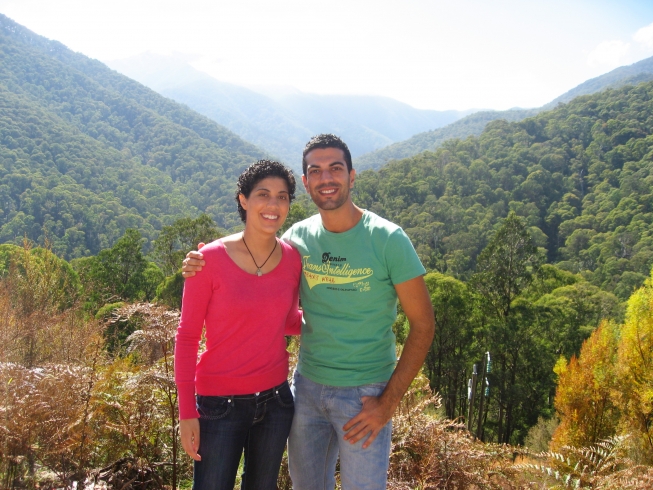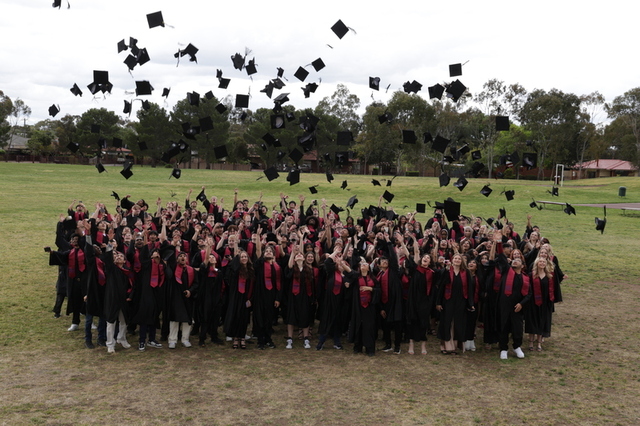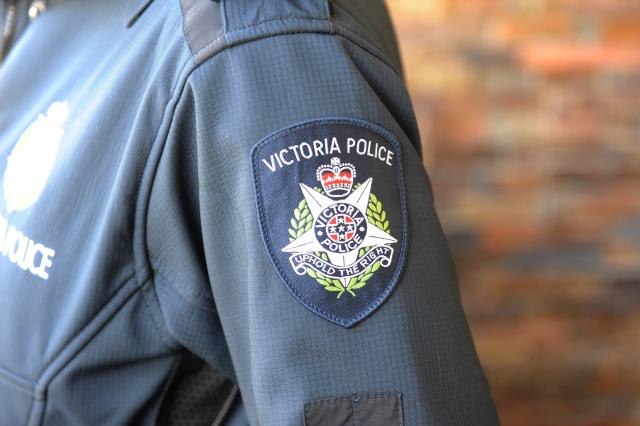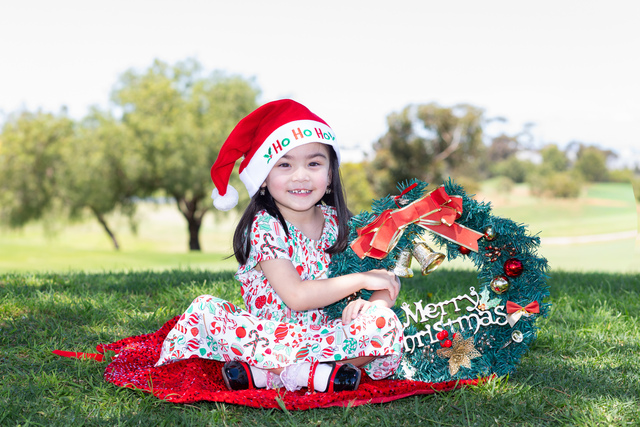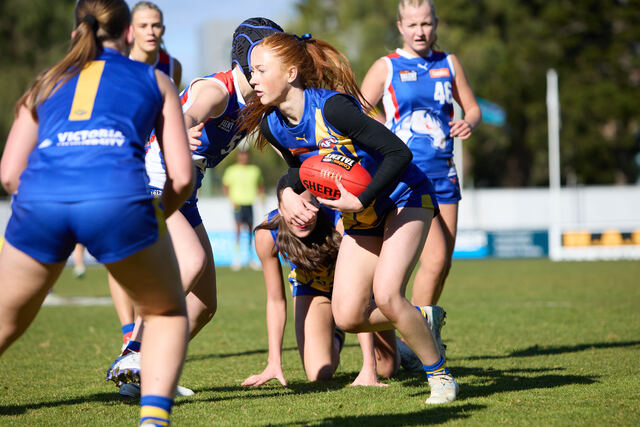TWO years ago, Pamela Bousejean was a fit and healthy young woman. Like most people in their mid-20s, she loved to travel.
Then, everything changed. She started to experience night sweats, struggled to get to sleep and had a persistent cough which wouldn’t go away, so she saw a doctor.
Her brother Matt will never forget what happened next. ‘‘She received a phone call from the doctor who wanted to see her,’’ the Point Cook resident said. ‘‘She raced out of the office — that was her last day at work.’’
Pamela was told she had lymphoma.
More than 50,000 Australian families face the challenges of leukaemia, lymphoma and myeloma every day, with another person diagnosed every 46 minutes.
‘‘It came as a huge shock to have cancer hit so close to home,’’ Matt said. ‘‘We knew something was wrong because she had no energy and just hadn’t been 100 per cent.’’
The diagnosis began an epic journey which has taken the siblings to the other side of the world.
‘‘She started one bout of chemotherapy and it didn’t work, another heavy duty round didn’t work and neither did radiation; nothing was working,’’ Matt said. ‘‘She lost her hair and was in constant pain. She didn’t even have the energy to have a conversation. In the end the only option left was a stem cell transplant.’’
However, Pamela’s Lebanese descent made finding a suitable match impossible, with the majority of those on the Australian bone marrow registry of Caucasian backgrounds.
With no bone marrow registry in Lebanon, the future looked grim. Determined to find a match and save his sister’s life, Matt created a Facebook page, ‘Cure Pamela’.
A meeting with the Lebanese president Michel Suleiman led to a promise to create a bone marrow registry to help with future transplants. ‘‘It’s going to save thousands of lives,’’ Matt said.
In July Pamela, who lives in Geelong, received her transplant with stem cells from Spain and the United States.
‘‘We were told a lot of things can go wrong in the first 100 days. We’ve now gone past 70 days and nothing has, so we’ve got our fingers crossed,’’ Matt said. ‘‘It’s brought our family closer together and we now spend more time going to lunches or on trips together, because you never know what’s around the corner.’’
Matt will carry a lantern as part of the Leukaemia Foundation’s
Light the Night event at Melbourne’s Alexandra Gardens on September 26.
Family and friends of people living with or who have lost people to blood cancer, and those with the disease, will gather for an inspiring twilight walk. Matt hopes to raise $5000 for research into a cure.
To support Matt, or to get involved, call 1800500088 or visit Light the Night.

